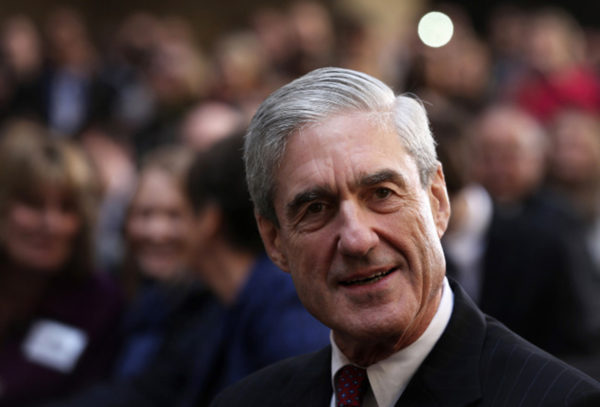![]()
A federal grand jury, lead by Robert Mueller, indicted 13 Russians for interfering with the 2016 U.S. presidential election.
On Friday, Feb. 16, Mueller, the leading special council member of the grand jury, released indictments against 13 Russians for fraud and other charges. The grand jury was tasked by the U.S. government with discerning the extent to which Russian agencies may have been involved in swaying the 2016 presidential election.
According to the New York Times, these Russians in St. Petersburg, “Churned out falsehoods on Facebook, Twitter, Instagram and YouTube… promoted Donald J. Trump and denigrated Hillary Clinton… stole the identities of American citizens… organized political rallies in several states, and hired a Clinton impersonator for one event.”
Such indictments may seem a minor offense, but, according to John Brown University’s professor of political science Daniel Bennett, what is important is that these are, “Narrowly broken laws that broadly point toward an influencing of the electoral process.”
These indictments have raised questions regarding the legitimacy of the most recent presidential election. Sarah Matzke, senior political science major at JBU, doesn’t think this information is shocking.
“This is definitely not the first time that one government has influenced another, especially when it comes to elections. There have been various accounts in the past in which the United States and other more powerful nations have influenced the outcomes of developing nations’ elections,” Matzke said.
What should shock people about these indictments, Matzke said, is the way they reveal the shifting of a historical tide. “In the past it has been the United States that has been the ‘superior’ nation… helping control outcomes and it scares us that we aren’t perhaps as powerful and impenetrable as we had hoped,” Matzke said.
This new potential for other nations to influence the U.S. presidential elections is owing partly to the fact that, today, according to Bennett, “All it takes is a building full of people with access to the internet,” to do so.
“This is something that the U.S. has engaged in before, with covert operations and propaganda efforts…. but it’s certainly become a lot less costly in the digital age,” Bennett said.
When asked what these indictments mean for the American public, Matzke said, “I would like to say that we will have less concerns for this kind of infiltration and interference in the future, but unfortunately it’s hard to know exactly how that influence will manifest in the future.”
Matzke said the age of social media has served to further complicate and endanger the electoral process.
“In the digital age, it will become harder to predict and identify influence. This should be a wakeup call not only for the American public, but for society in general of some of the negative consequences that come from this new and improved digital era,” Matzke said. “It may make some aspects of life better and more convenient, but we need to be wary of the dangers and not allow ourselves to become naive when it comes to the things that we see and hear on social media.”





